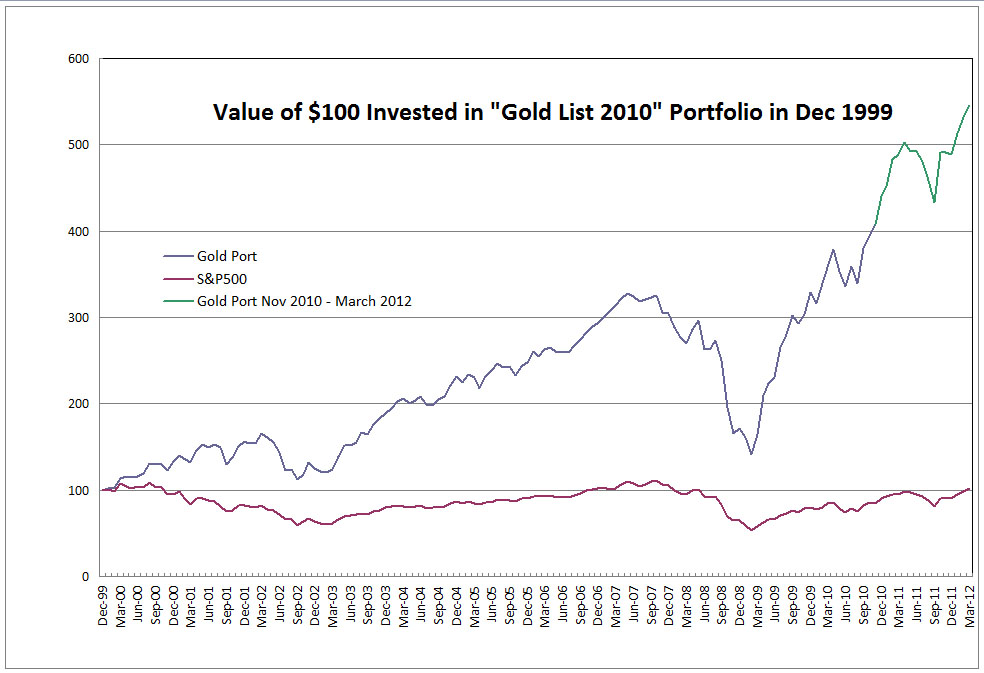Will you join Trust Across America in a pledge to model trustworthy business behavior?
Curtis C. Verschoor, CMA, a member of the IMA Committee on Ethics and one of Trust Across America’s Top Thought Leaders in Trustworthy Business Behavior trustacrossamerica.com/offerings-thought-leaders.shtml recently wrote a blog post called A Disturbing Thirty Days www.accountingweb.com/article/disturbing-thirty-days/219658
Essentially, the post talks about the enormous worldwide corporate transgressions that occurred from mid-June to mid-July 2012 beginning with $4 billion in fraud and ethics fines levied against the pharmaceutical industry. The enormity of these global trust violations is staggering.
Life is a series of small interpersonal transactions that either build trust or lose trust. I believe that the economics of trust works as follows: every small positive deed, whether seen or unseen, adds to ones personal and professional value. In this environment, a single transgression can derail decades worth of “brand” building if trust has not been “banked”.
Lately I’ve thought quite a bit about trust violations and what’s behind them. In most cases, the root cause of the breakdown of trust is self-serving and self-interested behavior, often on the part of those in the most trusted positions in business. While all professionals, regardless of their field, can build and bank trust, sadly few choose to. Even those who work in the fields of trust and ethics don’t always take the high road. And so here we are today witnessing some of the worlds largest companies paying billions of dollars in fraud and ethics fines, with no apparent end in sight.
Most of us have fallen victim to trust violations, and while the “big” cases, like those referenced in the link above, make the news, the day-to-day transgressions may not. Regardless of their size, trust violations harm interpersonal, inter-organizational and international relations.
Franklin Delano Roosevelt’s second inaugural address in 1937 included the following passage. “We have always known that heedless self interest was bad morals, we now know that it is bad economics. Out of the collapse of a prosperity whose builders boasted their practicality has come the conviction that in the long run economic morality pays.” Roosevelt was correct. Economic morality does pay but it seems that the business world needs a reminder.
Will you join Trust Across America in a pledge to model trustworthy business behavior? Will you take that pledge today? Will you serve as a role model for your children, your friends and your co-workers? Will you remind them (as often as needed) that economic morality pays? Will you share this short blog post with those who have banked trust and those who should start?
On Twitter: #pledgetobetrustworthy
Barbara Kimmel is the Executive Director of Trust Across America. Send your comments to barbara at trustacrossamerica.com


Recent Comments